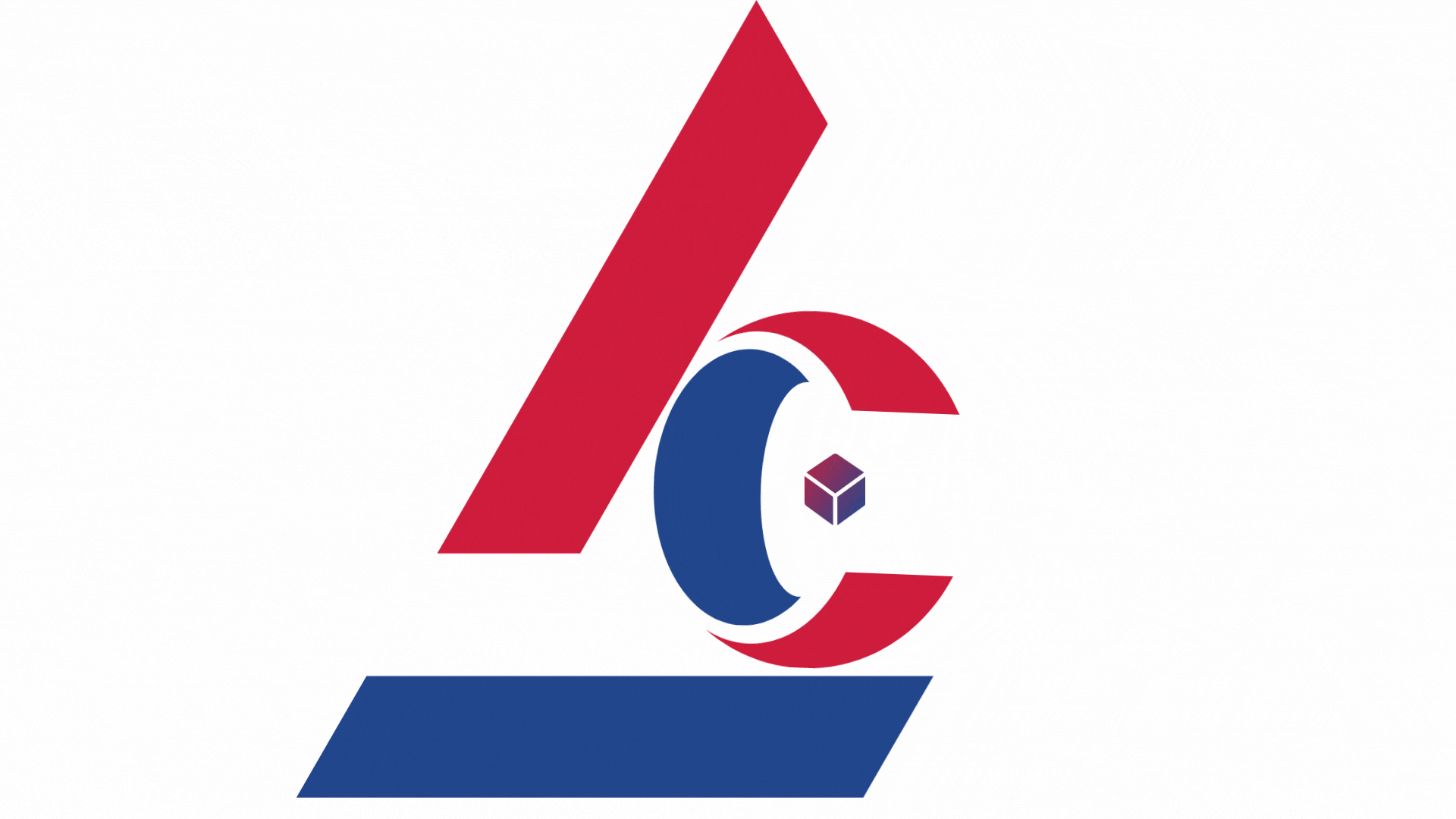Understanding Dyslexia: A Comprehensive Explanation
1/13/20252 min read


Importance of Effective Interventions
Dyslexia explained
Dyslexia is a common neurobiological learning disability that affects many individuals, making it difficult for them to process written language. It is typically hereditary and can manifest in challenges with word recognition, phoneme awareness, and reading fluency. These difficulties lead to problems with spelling, decoding words, and retaining information, making literacy a struggle for dyslexic individuals. However, with the right interventions, significant improvements in reading and writing can be made.
Theories Behind Effective Interventions for Dyslexia
To support individuals with dyslexia, it's important to understand the learning theories that underpin successful intervention strategies. Various theories help explain why certain methods work, and how they address the specific difficulties faced by dyslexic learners.
Scaffolding: Step-by-Step Learning
One of the key learning theories relevant to supporting dyslexic students is scaffolding, a concept introduced by educational theorists like Bruner and Vygotsky. Scaffolding involves providing structured, step-by-step support to help students build their skills. The idea is to start at a level that is comfortable for the learner and gradually increase the difficulty as they progress. This approach allows students to develop new skills with guidance, gradually working toward independence as their confidence and understanding grow. In the context of reading, scaffolding helps dyslexic learners break down complex tasks, such as decoding words, into manageable steps.
The Simple View of Reading (SVR): Decoding and Comprehension
The Simple View of Reading (SVR), proposed by Gough and Tunmer, emphasizes two critical components of reading: decoding and comprehension. Decoding refers to the ability to sound out words, while comprehension involves understanding the meaning of the text. For individuals with dyslexia, decoding is often the most challenging aspect, and without strong decoding skills, comprehension can be hindered. Interventions that focus on building phonemic awareness—the ability to recognize and manipulate sounds—are essential for helping dyslexic individuals improve their decoding skills. Research shows that repetitive practice, especially with phonemic awareness exercises, helps students strengthen these connections and improve both decoding and comprehension.
The Role of Memory in Dyslexia
Memory plays a vital role in literacy development, particularly for students with dyslexia. Many individuals with dyslexia experience difficulties with working memory, which makes it harder to retain and recall phonological and visual information. This can impede their ability to decode words and spell correctly. Effective interventions address these memory challenges by using repetition and reinforcement. Repeated practice of phonetic rules, spelling patterns, and reading exercises helps students commit these skills to long-term memory. The more often a student practices, the more likely they are to internalize the information and improve their overall literacy skills.
Challenges of Dyslexia Interventions
While there are many effective interventions available for dyslexia, they are not without their challenges. Many programs require one-on-one instruction, which can be time-consuming and resource-intensive. In some cases, interventions may take longer to show results, requiring patience from both educators and students. Additionally, some approaches may not be suitable for every learner, as dyslexia can manifest in different ways for different individuals. What works for one student may not work for another, so interventions need to be tailored to meet each learner's specific needs.
Sum it
Dyslexia is a complex condition, but with the right support and targeted interventions, individuals can overcome many of the challenges it presents. Theories such as scaffolding, the Simple View of Reading, and memory-based interventions provide a framework for effective literacy support. By understanding the unique needs of dyslexic students and applying evidence-based methods, educators and parents can help them develop the skills they need to succeed in reading and writing. While no intervention is one-size-fits-all, the combination of structured support, repetition, and individualized strategies can make a significant difference in the lives of students with dyslexia.

Co-ordinates
© 2024 Lowercase Solutions Ltd. All rights reserved. All information, content, and materials on this website are the property of Lowercase Solutions Ltd. and may not be reproduced, distributed, or used without prior written permission.
info@lowercase.org.uk
Registered & Trading Office :Regus House, Herald Way, Pegasus Business Park, Nottingham, Nottinghamshire, DE74 2TZ, United Kingdom
